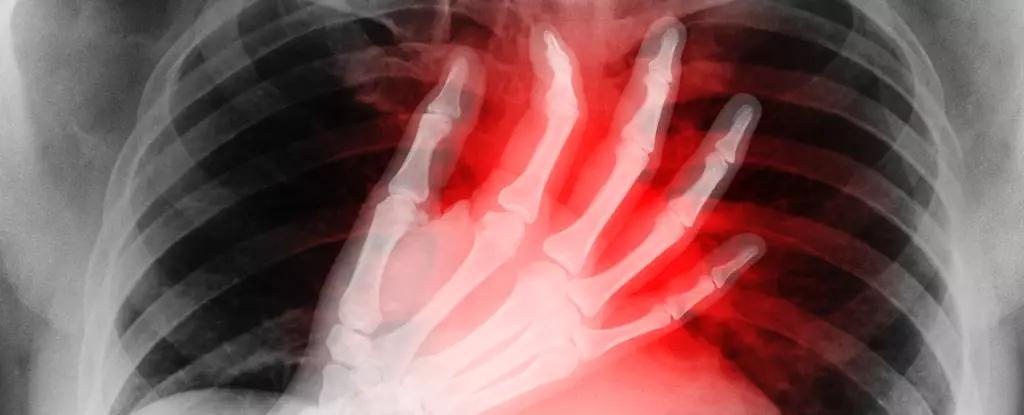The start of the working week is not enjoyed by many people, and now there is another reason to dread Mondays: it is the day when the most severe type of heart attack is most likely to happen. Based on an analysis of 10,528 patients in Ireland and Northern Ireland admitted to hospital between 2013 and 2018 with an ST-segment elevation myocardial infarction (STEMI) – when one of the major coronary arteries is fully blocked – it was found that there was a 13 percent greater risk of a STEMI-type heart attack on a Monday, compared with the average of the other days, with more than 1,650 of the patients turning up on that day.
The Study
The study was carried out by a team of researchers that included cardiologist Jack Laffan from the Belfast Health and Social Care Trust. He stated that “we’ve found a strong statistical correlation between the start of the working week and the incidence of STEMI. This has been described before but remains a curiosity.” The study showed that Sunday admissions were also above average, but not enough to be statistically significant. The day with the lowest admissions was Thursday, though again, the statistical significance threshold was not reached.
Possible Causes
The next question is what is causing the spike in heart attacks on Mondays. Stress caused by going back to work after the weekend would be the obvious answer, although it was not something this particular study looked at in any detail. A 2017 study in Sweden involving more than 156,000 patients showed a greater incidence of heart attacks on Mondays, as well as during the winter months. The researchers behind that study suggested that stress could be part of the reason why.
Laffan says the cause is likely multifactorial. However, “based on what we know from previous studies, it is reasonable to presume a circadian element”. That means the natural cycle of the days, weeks, and seasons is likely to be having an impact on our heart health. Crucial factors in heart attack risk, such as blood pressure, follow a circadian rhythm, for example. Disruptions to this sleep-wake cycle have also been shown to impact cardiovascular function.
The Importance of Timely Treatment
In the case of STEMI admissions, an emergency procedure is usually required to reopen the blocked artery. Getting treated quickly is essential in increasing the chances of survival. Of course, it is not the case that you should take special care of your heart health on a Monday then forget about it for the following six days – but it’s worth remembering the extra pressures your body might be under at the start of the week.
The research presented at the British Cardiovascular Society (BCS) conference in Manchester, UK, and a summary is available online. Medical director at the British Heart Foundation, Nilesh Samani, states that “this study adds to evidence around the timing of particularly serious heart attacks, but we now need to unpick what it is about certain days of the week that makes them more likely. Doing so could help doctors better understand this deadly condition so we can save more lives in the future.” Monday mornings are tough, but it’s worth taking care of your heart health every day.


Leave a Reply